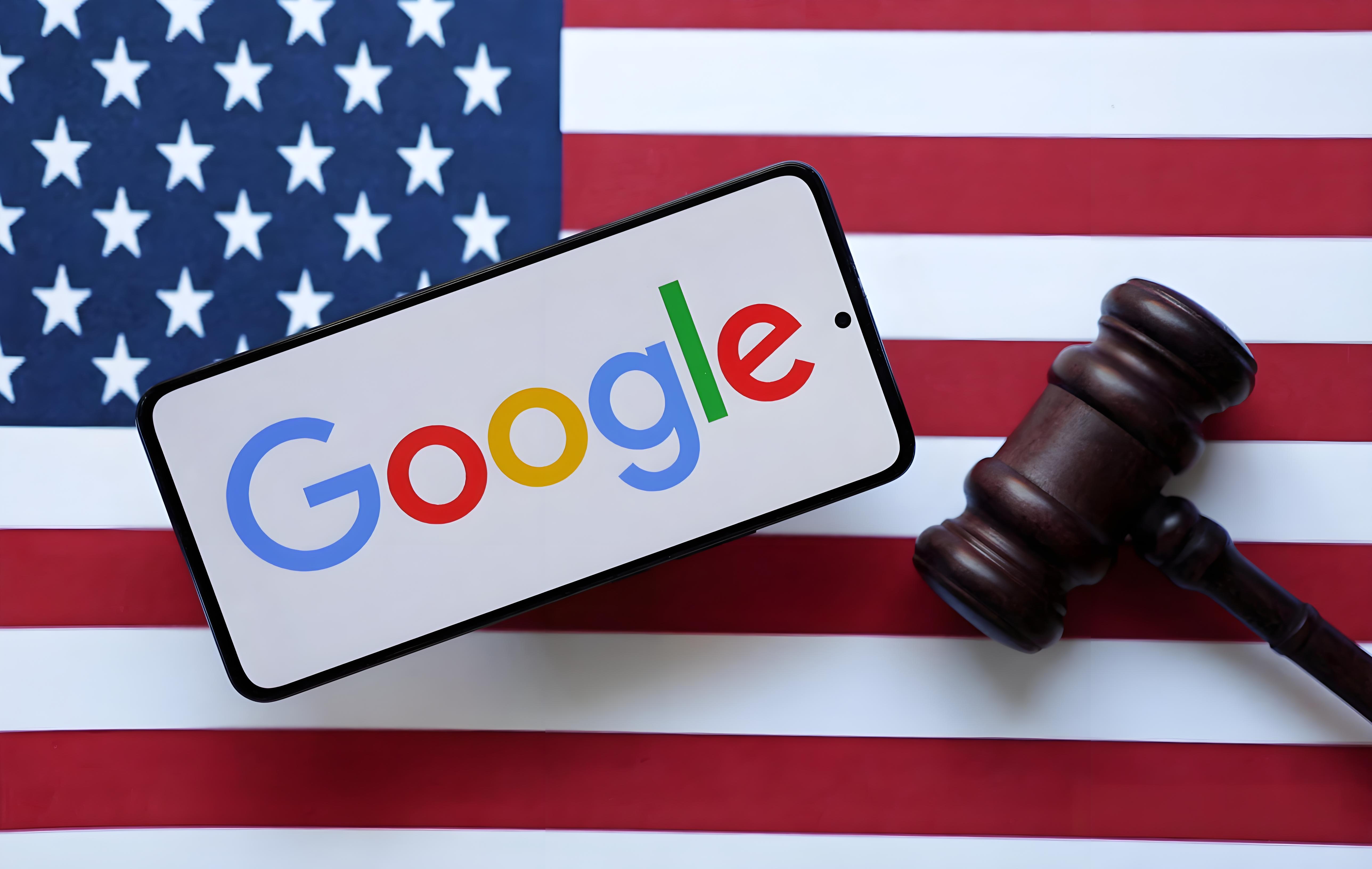
On April 17 local time, the US technology industry received major news. A federal judge ruled that Google Inc. had illegally monopolized two online advertising technology markets. This ruling is like a huge stone thrown into a calm lake, stirring up ripples in the technology and business fields, and providing the possibility for prosecutors to advocate for the breakup of Google's advertising products.
Behind this ruling is the years-long antitrust investigation of Google by the US Department of Justice. As early as 2020, the Department of Justice launched an investigation into Google, believing that the company had used improper means to gain a monopoly position in the internet search and advertising markets. After nearly three years of investigation and evidence collection, in September 2023, the Department of Justice officially sued Google. And this ruling on the advertising technology market is an important milestone in this long antitrust battle.
Leonie Brinkema, a district court judge in Alexandria, Virginia, ruled that Google had illegally monopolized the publisher ad server market and the ad exchange platform market that intermediates between buyers and sellers. The judge pointed out that Google had engaged in illegal "tying" behavior. That is, for publishers who wanted to use its ad exchange platform, Google forced them to also use Google Ad Manager, a practice that seriously undermined the survival space of competitors. In addition, Google's "First Look" feature gave its ad exchange platform the right of first refusal for ad display opportunities, and the "Last Look" feature allowed its platform to decide its own bid after seeing competitors' bids. These were all considered unfair competition methods. Google also introduced "Unified Pricing Rules" that restricted publishers' pricing strategies. Although it was ostensibly for optimizing the market, in reality, it boosted the growth of Google's advertising technology and damaged competitors' products.
However, the court did not fully support all of the Department of Justice's legal claims. In the market for the tools that advertisers use to buy display ads, Google did not meet the definition of a monopoly. Nevertheless, this ruling is still a major blow to Google.
Later that day, Google said in a statement that it would appeal the above ruling. Google stated that it disagreed with the court's ruling on its publisher tools, believing that publishers have many options and they choose Google because Google's advertising technology tools are simple, affordable, and effective. Google is trying to reverse this situation through the appeal and maintain its position in the advertising technology market.
This ruling may have a profound impact on Google's existing business and may even reshape the entire internet advertising landscape. If the prosecutors' claims are realized and Google's advertising business is broken up, then the competitive landscape in the advertising technology field will undergo a complete transformation. Google's parent company, Alphabet, may face business restructuring, and its stock price also fell after the news was announced. In contrast, the stock prices of its competitors such as Trade Desk, Magnite, and PubMatic rose sharply, indicating that the market believes that this ruling may reshape the digital advertising industry landscape.
For advertisers and users, this ruling also has great significance. Advertisers may face new choices and have the opportunity to access a more diverse range of advertising technology tools and services, which may enable them to obtain higher-quality and more personalized advertising placement effects. When users see ads, they may also be able to experience more personalized and diverse content, no longer limited to the advertising display methods under Google's monopoly.
In addition, this case is the latest example of a series of antitrust actions initiated by the US government against large technology companies. The Federal Trade Commission is currently handling an antitrust case against Meta Platforms, the parent company of Facebook. Apple is also facing an antitrust lawsuit filed by the Department of Justice, which accuses it of hindering the integration of external software with its devices and locking users within its ecosystem. The Federal Trade Commission case against Amazon is also set to go to trial in September. These all show that the US government is strengthening its regulation of large technology companies to maintain fair competition in the market.
In conclusion, the US federal judge's ruling on Google's illegal monopoly of parts of the online advertising technology market not only adjudicated Google's behavior in the legal sense but also sparked widespread discussion at the social level. Against the backdrop of the rapid development of technology, how to ensure fair competition in the market and protect the rights and interests of consumers and enterprises has become an important issue. And whether Google can reverse the situation through the appeal and how the pattern of the entire internet advertising industry will evolve are all worthy of our continued attention.

YTN TV of South Korea reported on Tuesday (December 16) that the South Korean court plans to make a ruling on the charges of former President Yoon Suk Yeol for obstructing justice on January 16, 2026.
YTN TV of South Korea reported on Tuesday (December 16) tha…
On December 7, a new round of intense military conflict bro…
Recently, US media disclosed that the Pentagon is planning …
From three launch failures and a brush with bankruptcy to n…
Recently, a major piece of news has emerged in the US polit…
Against the backdrop of the Federal Reserve's third rate cu…